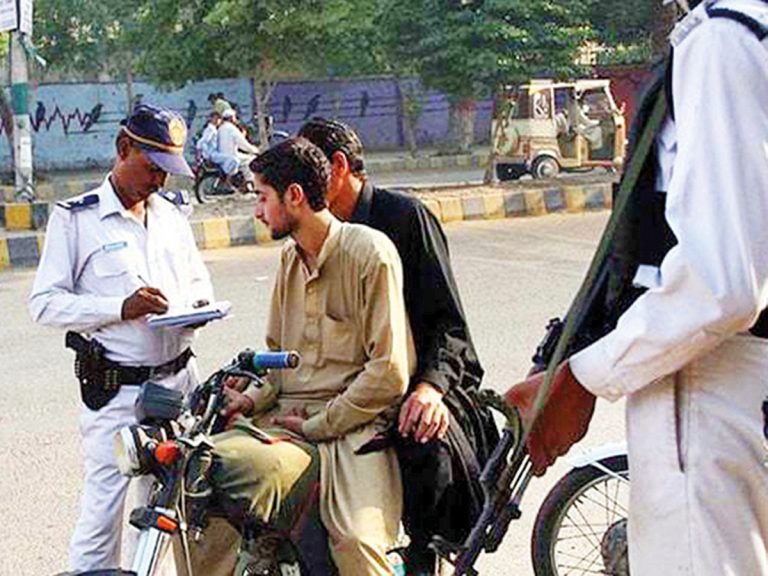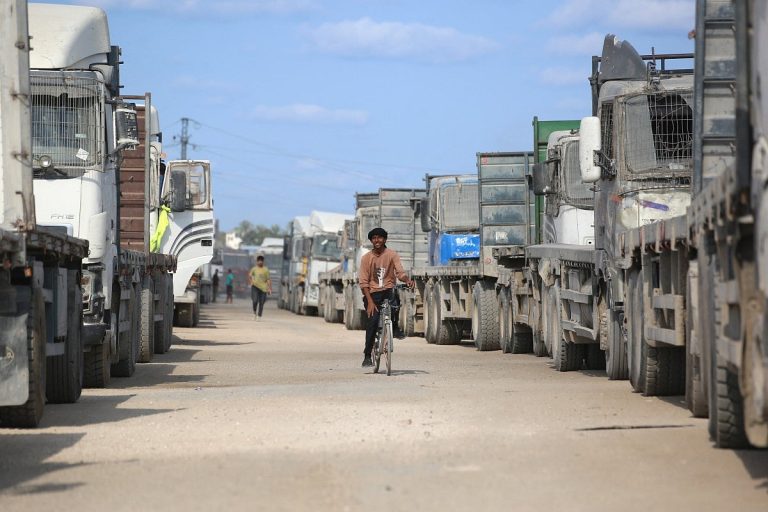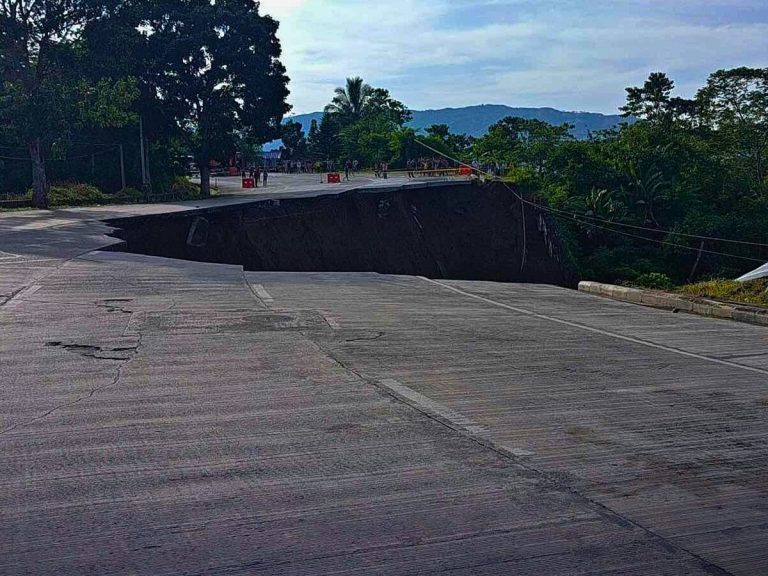NADRA Launches Automated Birth and Death Registration in Pak
In a significant move to enhance public service, the National Database and Registration Authority (NADRA) has introduced a new automated system for registering births and deaths in Pakistan. This initiative, developed in collaboration with provincial governments, aims to simplify the registration process, making it more efficient and user-friendly for citizens.
Overview of the New System
The new registration system is part of the National Biometric and Registration Policy Framework and has been rolled out in over 50 hospitals and health centers across various regions, including Islamabad, Lahore, Quetta, Khyber Pakhtunkhwa, Sindh, Azad Jammu and Kashmir, and Gilgit. The pilot phase of this initiative has already demonstrated its effectiveness, with more than 4,000 births and 407 deaths registered through the digital platform.
How It Works
Under the new system, hospitals and health centers are now able to send birth and death notifications directly to NADRA. Parents of newborns and legal heirs of deceased individuals receive notifications via the NADRA mobile app or SMS, guiding them to complete the registration process at their local Union Councils. This streamlined approach eliminates long waiting times and reduces the need for complicated paperwork.
Benefits of the New Registration Process
The introduction of this automated system offers several advantages: – **Improved Accessibility**: Citizens can obtain Child Registration Certificates (CRC/B-Form) or Computerized Birth Certificates by visiting their nearest Union Council, NADRA Registration Center, or through the NADRA mobile app. Required documents include parents’ CNICs and a hospital birth slip or vaccination card, with certificates typically issued within 24 to 72 hours. – **Simplified Death Registration**: To register a death, applicants need to provide the hospital death report, CNIC of the deceased, and proof of relationship. Death certificates are issued within 1 to 5 working days through Union Councils or NADRA-linked offices. – **Legal and Practical Benefits**: The new system ensures legal recognition for children, facilitating school admissions, passport applications, and identity documentation. It also simplifies inheritance claims, pension processes, and property transfers for families, while providing digitized records that are internationally accepted for overseas Pakistanis.
Future Expansion Plans
Following the successful pilot phase in selected districts of Punjab, NADRA plans to expand this system nationwide. The goal is to include both public and private hospitals, health centers, and Union Councils, ensuring that all citizens in Pakistan can benefit from a swift and reliable birth and death registration process.
FAQs
How can I register a birth using the new system?
You can register a birth by visiting your nearest Union Council, NADRA Registration Center, or using the NADRA mobile app. Required documents include the parents’ CNICs and a hospital birth slip.
What documents are needed for death registration?
To register a death, you need to provide the hospital death report, the CNIC of the deceased, and proof of your relationship to the deceased.
How long does it take to receive a birth or death certificate?
Birth certificates are typically issued within 24 to 72 hours, while death certificates are issued within 1 to 5 working days, depending on the registration location.
Conclusion
NADRA’s new automated system for birth and death registration marks a significant advancement in public service delivery in Pakistan. By simplifying the registration process and reducing reliance on intermediaries, the initiative aims to provide citizens with faster and more transparent access to essential services. As the program expands nationwide, it promises to enhance the experience for all citizens seeking vital records.
The introduction of this automated registration system aligns with global trends towards digitization in public services, reflecting a broader commitment to improving governance and efficiency. Many countries have adopted similar systems to streamline vital record management, which not only enhances service delivery but also helps in maintaining accurate demographic data. This data is crucial for effective policy-making and resource allocation by the government.
Moreover, the initiative is expected to contribute to the overall digital transformation in Pakistan, encouraging further technological advancements in various sectors. By integrating health services with digital registration, NADRA is paving the way for a more interconnected public service framework. As the system matures, it may also facilitate data sharing among different government departments, ultimately leading to improved service delivery and better outcomes for citizens.
Also Read:
UAE Launches AI Policy for National Elections Transparency







